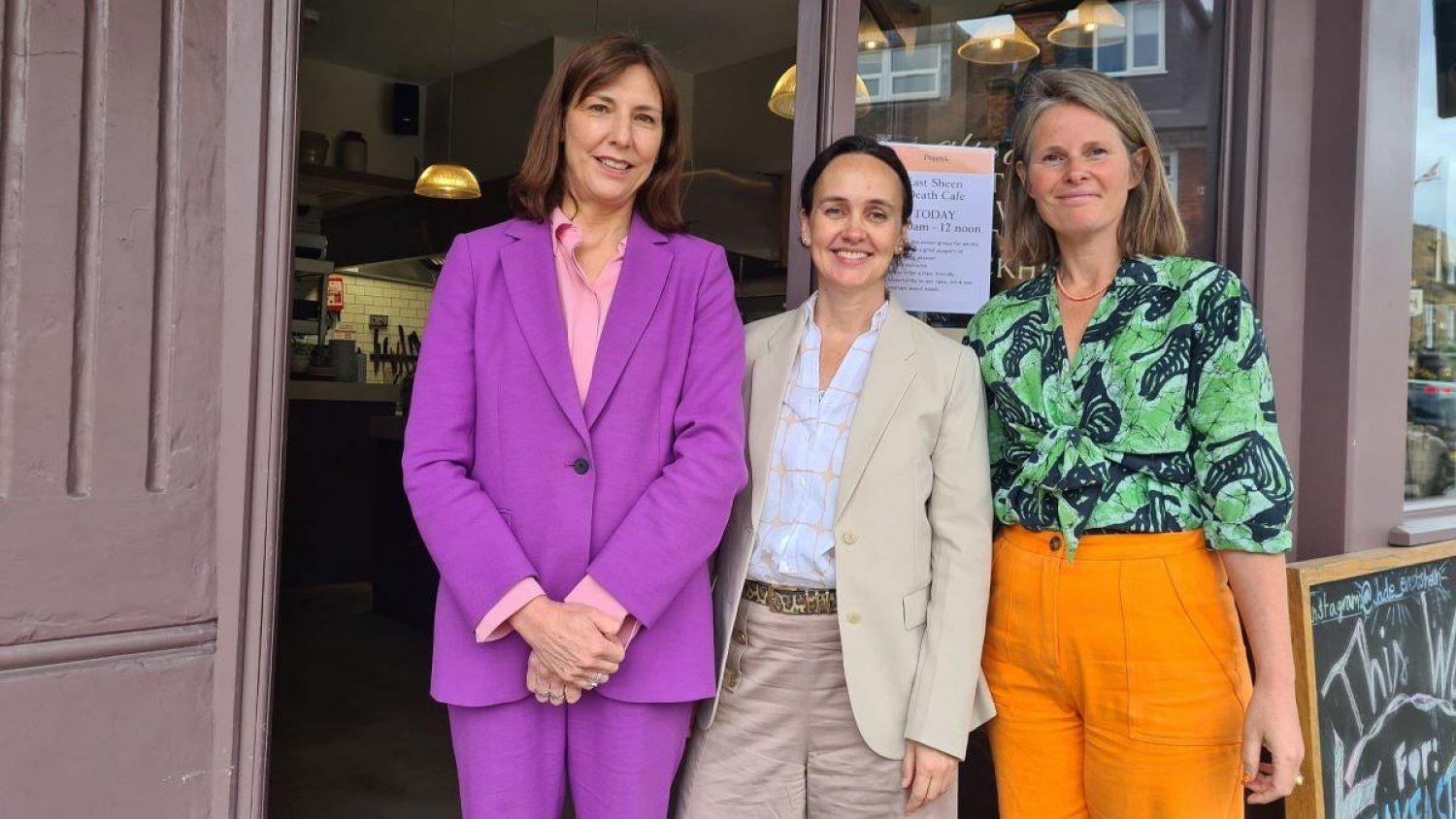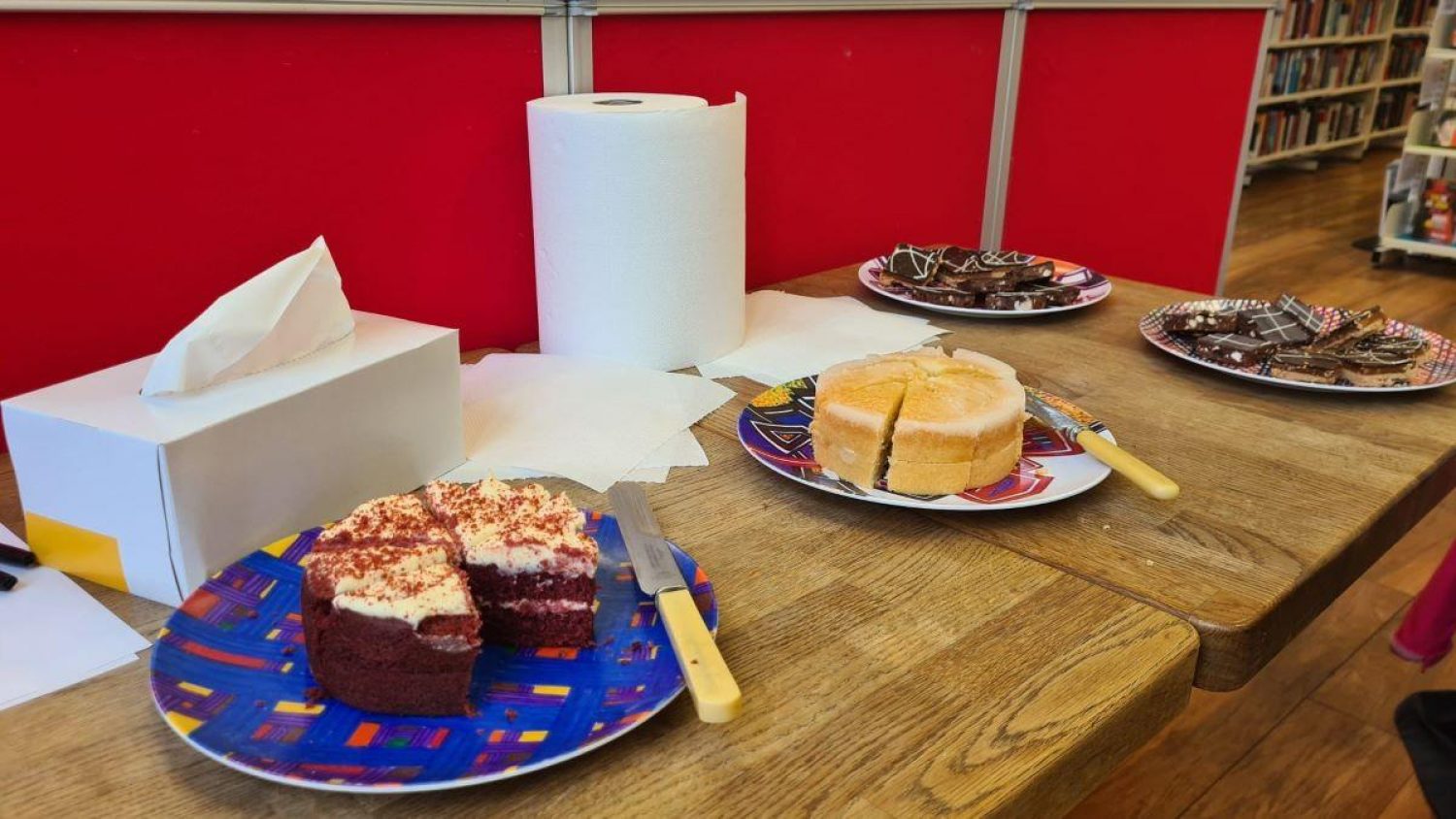Two minute read
In this blog, founder Poppy Mardall reflects on what she has learned from running Death Cafés.
At a Death Café, people come together to eat cake, drink tea and talk about death (to make the most of their lives). But it’s so much more than that too — it’s a global movement that has impacted so many people.
I was lucky enough to get to know Death Café founder Jon Underwood. In 2012, he was bringing Death Café to the world, just as I was establishing Poppy’s.
Twelve years later, I am running Death Cafés in Poppy’s communities in Tooting and East Sheen and this is what I have learnt.
1. Talking about death is a relief.
We go to extreme lengths to avoid acknowledging death. By not talking about death, we give it monumental power over us. Many people are plagued by anxiety about death.
When we open up the conversation, we can experience the fear, but we can also make space for curiosity and wonder.
2. Death is a point of connection.
Every single one of us will die. When it feels like so much divides us, it is wonderful to talk together about something that is real and relevant to all of us, that we will all face. It builds connection and community.
3. No Death Café is ever the same.
There is no agenda, no set questions. The conversations are therefore wonderfully organic and vary hugely. From grief to biology to faith to logistics to money to comedy: what comes up, comes up. Each time the conversation feels fresh, rich and fascinating.
4. I always come away feeling warm and fuzzy.
The people who come to Death Café seem to be a very good bunch. They are often kind, thoughtful, generous and funny. Are Death Café people particularly wonderful, or does Death Café bring out the best in people? I don’t know.

